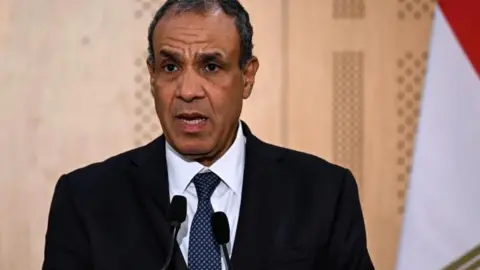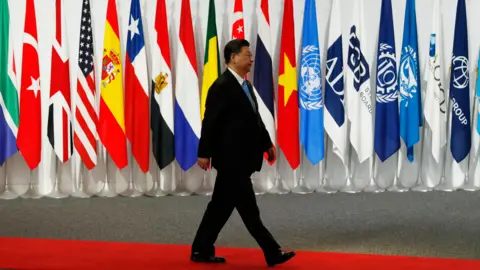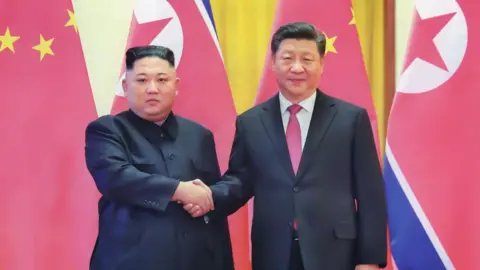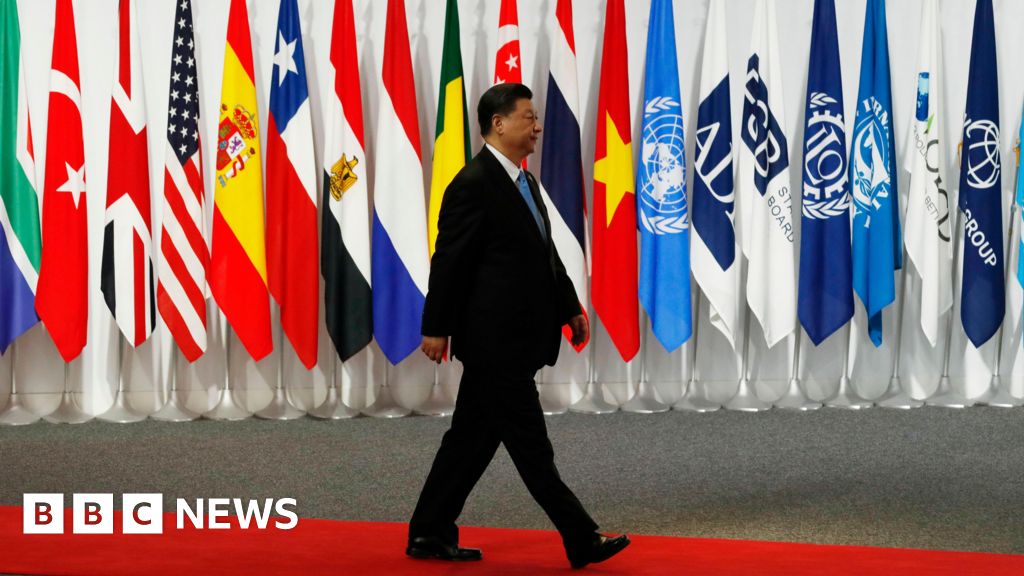After outsmarting Egypt on the diplomatic stage for over a decade, Ethiopia is finally set to officially inaugurate one of the world's largest dams on a tributary of the River Nile, effectively negating a colonial-era treaty that granted Egypt the lion's share of the river’s waters.
The Grand Ethiopian Renaissance Dam (GERD), constructed on the Blue Nile with a budget of approximately $5 billion, features a reservoir nearly equivalent in size to Greater London. It has sparked an upsurge in Ethiopian nationalism, uniting a country often divided by ethnic lines and plagued by conflict.
Analyst Moses Chrispus Okello remarked, “Ethiopians may disagree on how to eat injera, but they agree on the dam.” The sense of ownership among Ethiopians, both domestically and in the diaspora, has intensified since the dam's construction began in 2011. They funded its construction through appeals for contributions and government-issued bonds, leading to a collective pride in the project.
As Africa’s largest hydro-electric plant, the GERD is expected to fulfill the energy needs of Ethiopia's 135 million inhabitants while propelling the country's aspirations of energy hegemony and bolstering foreign currency earnings. Ethiopia aims to enhance electricity sales to neighboring nations like Kenya and Djibouti, with plans for a transmission network to Middle Eastern countries such as Saudi Arabia.
Nevertheless, Egypt views the dam as a dire threat, fearing significant reductions in its Nile water supply. Prof. Abbas Sharaky, a geologist from Cairo University, explained, “About 93% of Egypt is desert, with almost no people. All of us, 107 million people, live on the Nile.” This reality has compelled the Egyptian government to explore alternative water sources, including the construction of the world’s largest water treatment plant and drilling extensive wells.
Egypt has no alternative water resources aside from the Nile, and the GERD's ability to store 64 billion cubic meters of water poses a grave concern for its agricultural sector, which relies heavily on this vital resource.
Past diplomatic efforts between Ethiopia and Egypt have been fraught with tension. While Ethiopia has maintained its course in constructing the dam despite enormous pressure and threats from Egypt, analysts note that Egypt’s military action remains unlikely due to the interconnected interests of both nations.
Ethiopia's Prime Minister Abiy Ahmed declared that the GERD's inauguration symbolizes a shift in regional power dynamics, signifying Ethiopia’s rise against the backdrop of historical inequities upheld by colonial treaties. Ethiopians prepare to celebrate this milestone as they also turn their attention to regaining access to the Red Sea, which Ethiopia lost following Eritrea's independence.
The situation remains delicate, but both countries profess commitment to ongoing discussions, indicating a potential path toward collaborative water management amidst the evolving geopolitical landscape.





















